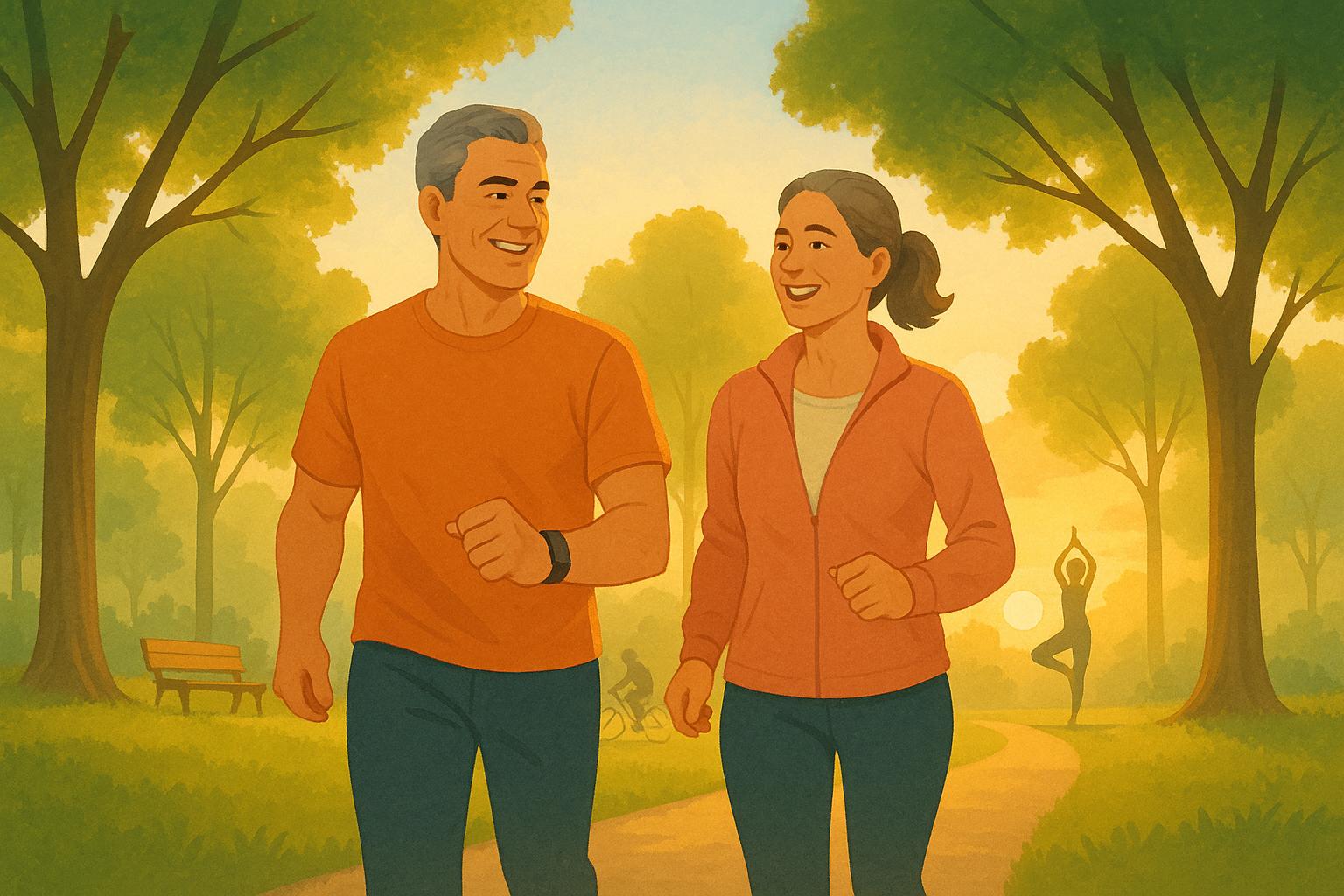Though the term ‘heart disease’ can be concerning for any patient to hear from their doctor, for many patients, the initial reaction to this diagnosis is a surprise. Although they may have noticed some mild discomfort, they might never have guessed that they were living with a cardiovascular problem.
What is cardiomyopathy?
Cardiomyopathy is a common chronic condition, with as many as one in 500 people experiencing the cardiac disorder every year, according to The Centers for Disease Control and Prevention. The CDC concedes that the condition is underdiagnosed; this is because cardiomyopathy affects people from all walks of life, with few demographics being particularly vulnerable to developing cardiomyopathy.
Cardiomyopathy, like heart disease itself, is a collection of conditions that manifests in a variety of symptoms. Cardiomyopathy affects the muscle tissue of the heart, interfering with the heart’s ability to effectively pump blood. Without being able to perform regularly, irregular heart rhythm, blood back-up, and even heart failure become more likely.
There are several types of cardiomyopathy, but symptoms can and often do overlap. Dilated cardiomyopathy occurs when chambers of the heart enlarge. Hypertrophic cardiomyopathy occurs when the heart muscle tissue thickens unnaturally. Restrictive cardiomyopathy occurs when the heart muscle stiffens, scars, or both.
Risk factors for cardiomyopathy can vary, but generally include:
- Heredity, likely the strongest determining factor of who develops the condition
- Other chronic conditions, including diabetes, sarcoidosis, and hypertension
- Obesity
- Excessive alcohol consumption for an extended period of time
You can reduce your risk of developing cardiomyopathy by taking care of your cardiovascular system, including incorporating cardiovascular exercise. Maintaining a healthy weight and diet, as well as effective stress management and minimizing alcohol are all important steps to protect against cardiomyopathy.
How do I know that I have cardiomyopathy?
Cardiomyopathy may sneak up on some patients, who have very mild symptoms, or none at all. However, as there are different types of cardiomyopathy, there are also different symptoms.. The following is an overview of the main types of cardiomyopathy and their associated symptoms:
5 signs of Cardiomyopathy
Cardiomyopathy typically causes fatigue, dizziness, shortness of breath, weakness, and swelling of legs and feet. More concerning symptoms include fainting, heart palpitations, high blood pressure, and chest pain. However, any type of cardiomyopathy can be properly diagnosed with thorough testing and effective diagnostics:
- Dilated cardiomyopathy usually creates the typical symptoms of cardiomyopathy, but also carries the risk of stroke-causing blood clots.
- Restrictive cardiomyopathy causes severe fatigue and shortness of breath, making physical activity – or just sitting – exhausting.
- Hypertrophic cardiomyopathy puts you at elevated risk of experiencing strong palpitations and shortness of breath.
Cardiomyopathy has a number of other different types, including a category for cases of the condition that are considered unclassifiable. If this is your diagnosis, we are prepared to work with you for the ideal solution for your unique needs.
Is there something that I can do about cardiomyopathy?
It’s possible that you’re genetically prone to develop cardiomyopathy. If that’s the case, there is no way to guarantee the type of experience you may have with cardiomyopathy. Although the condition can develop on its own, or as the result of another chronic condition, getting the proper assistance can keep you as comfortable as possible, and protect your longevity.





